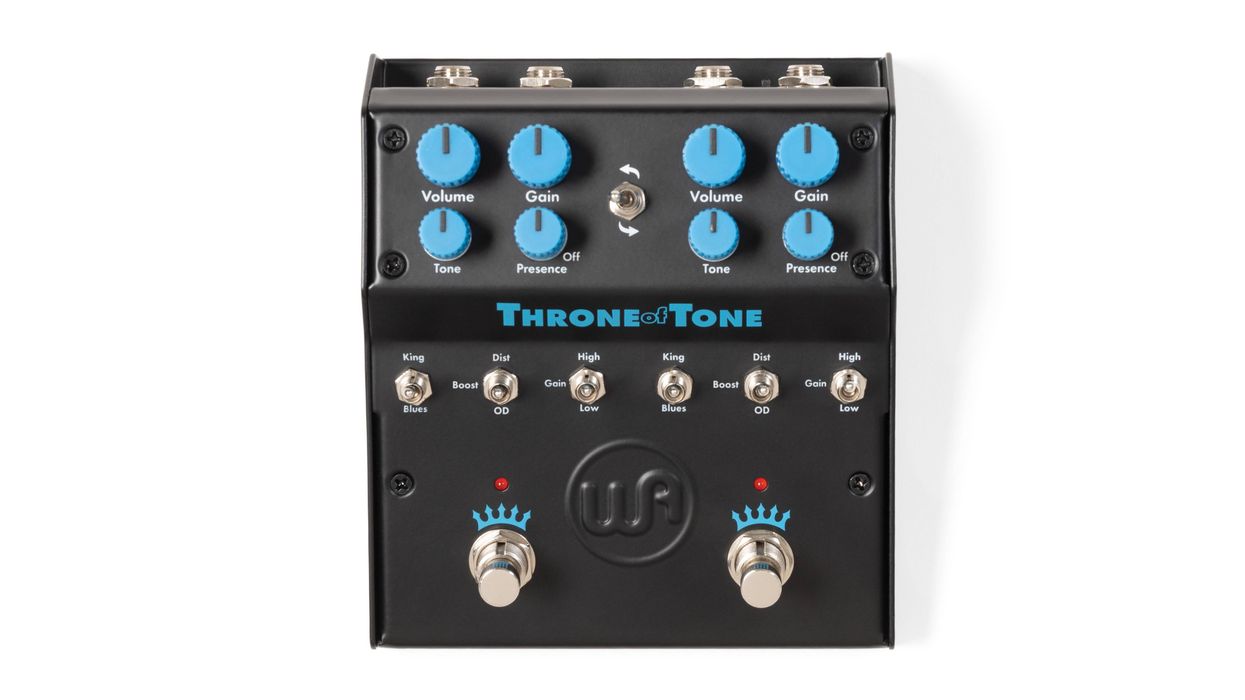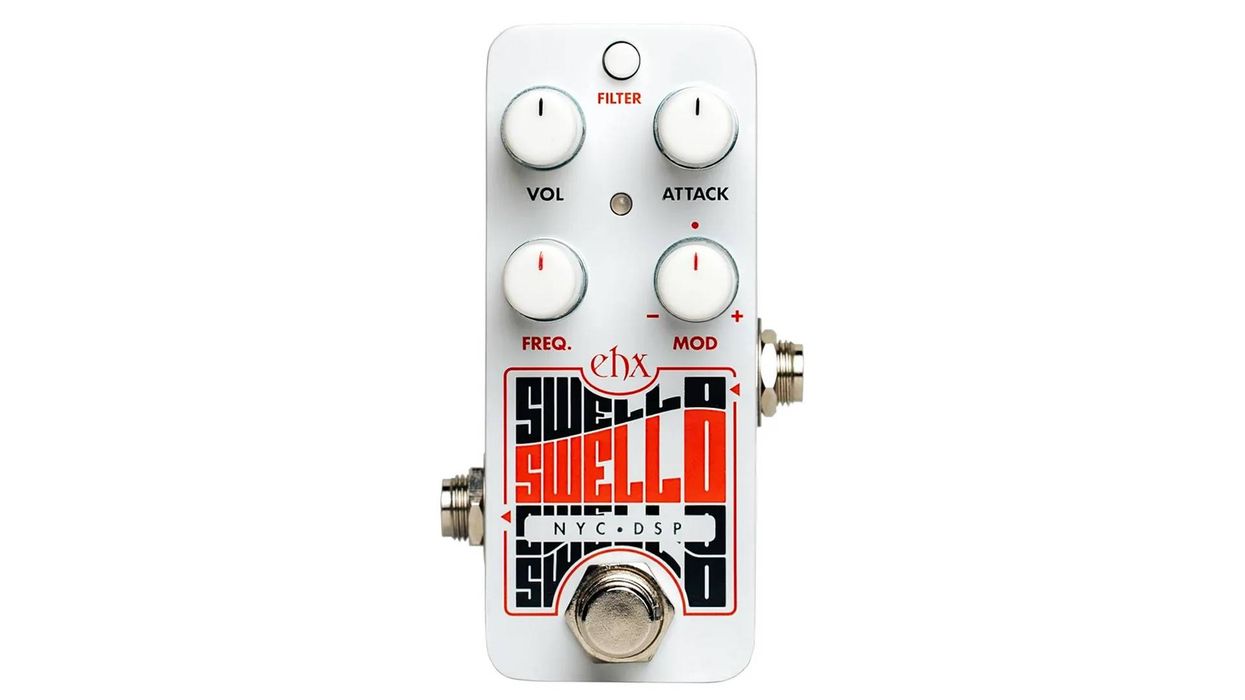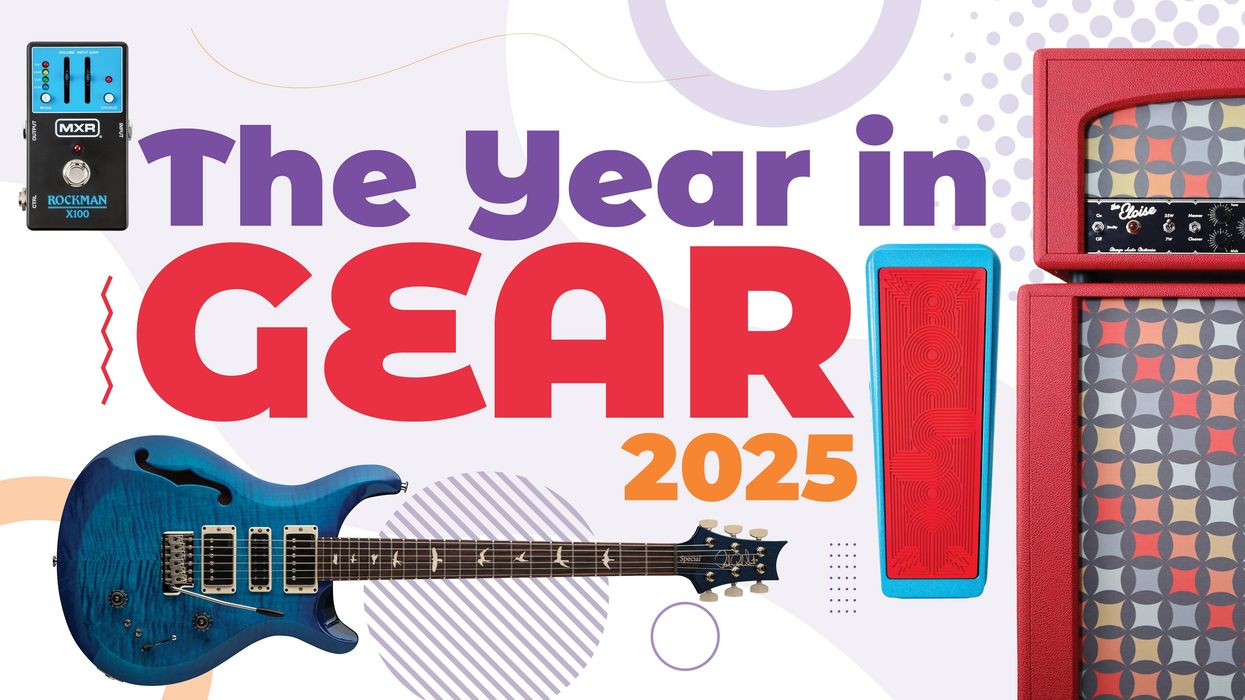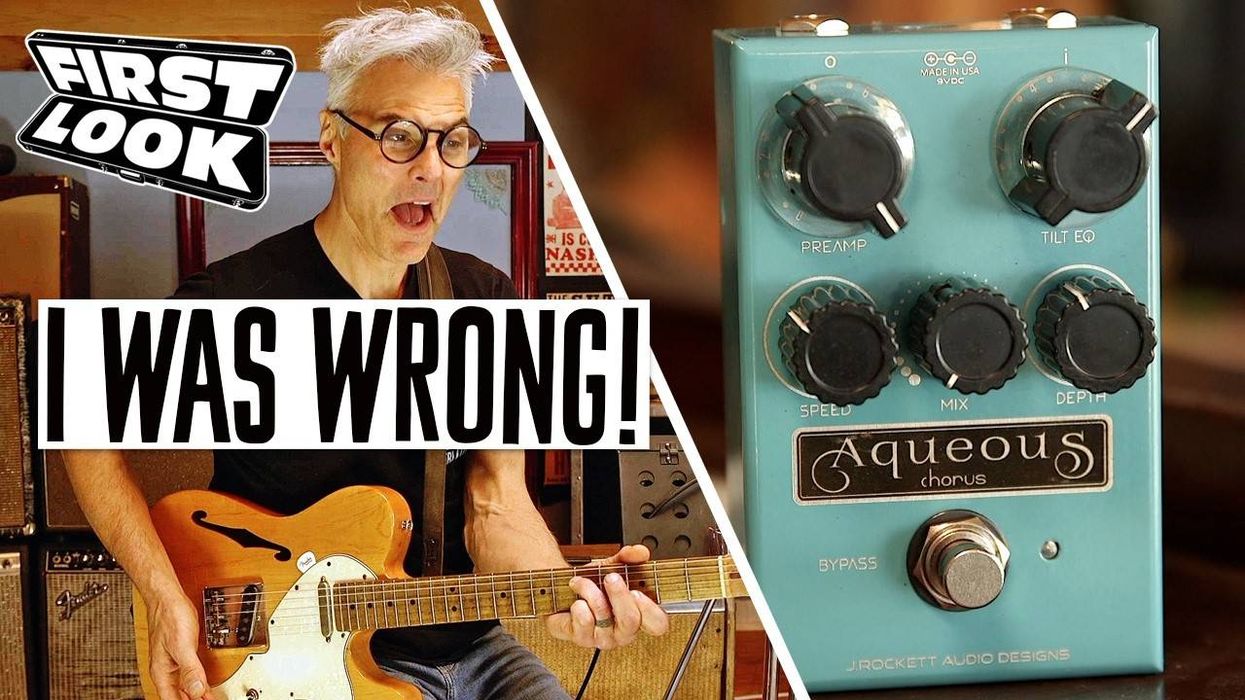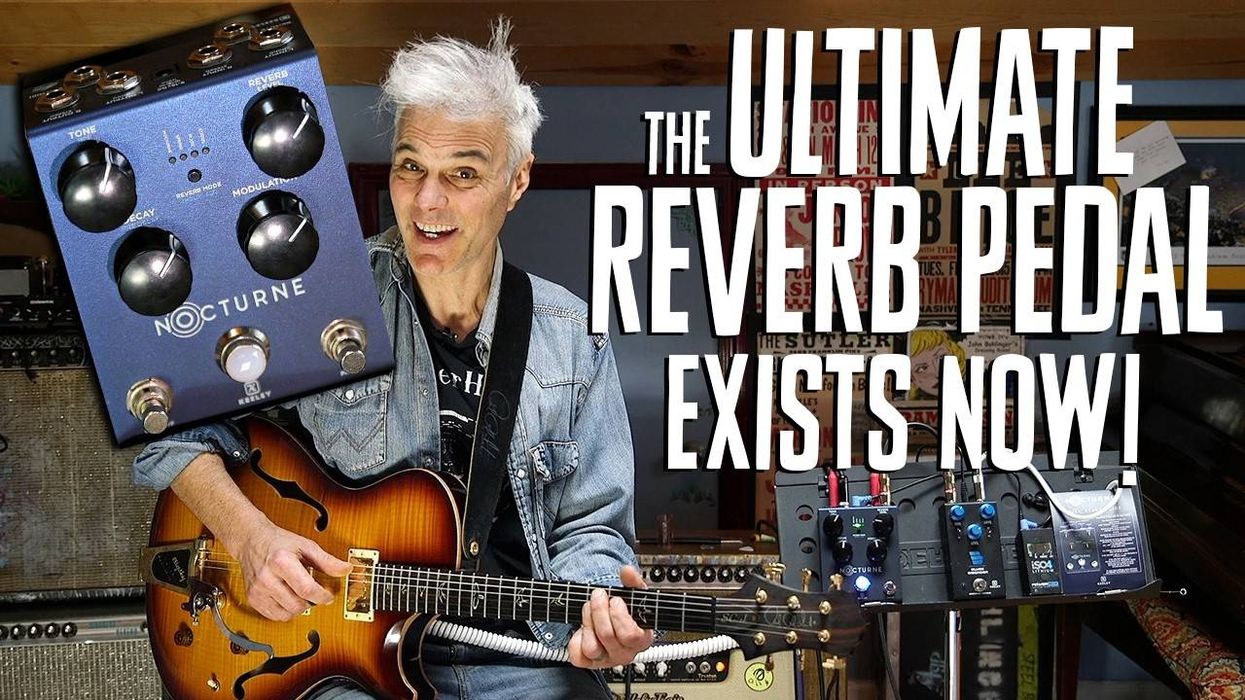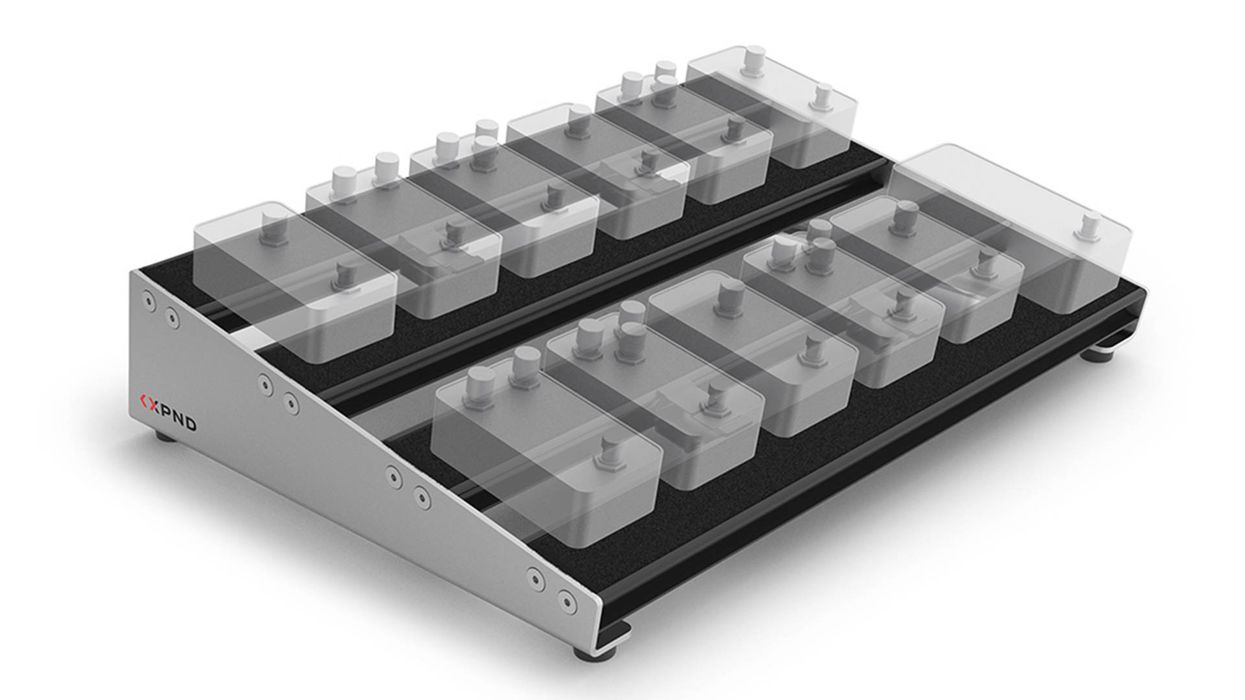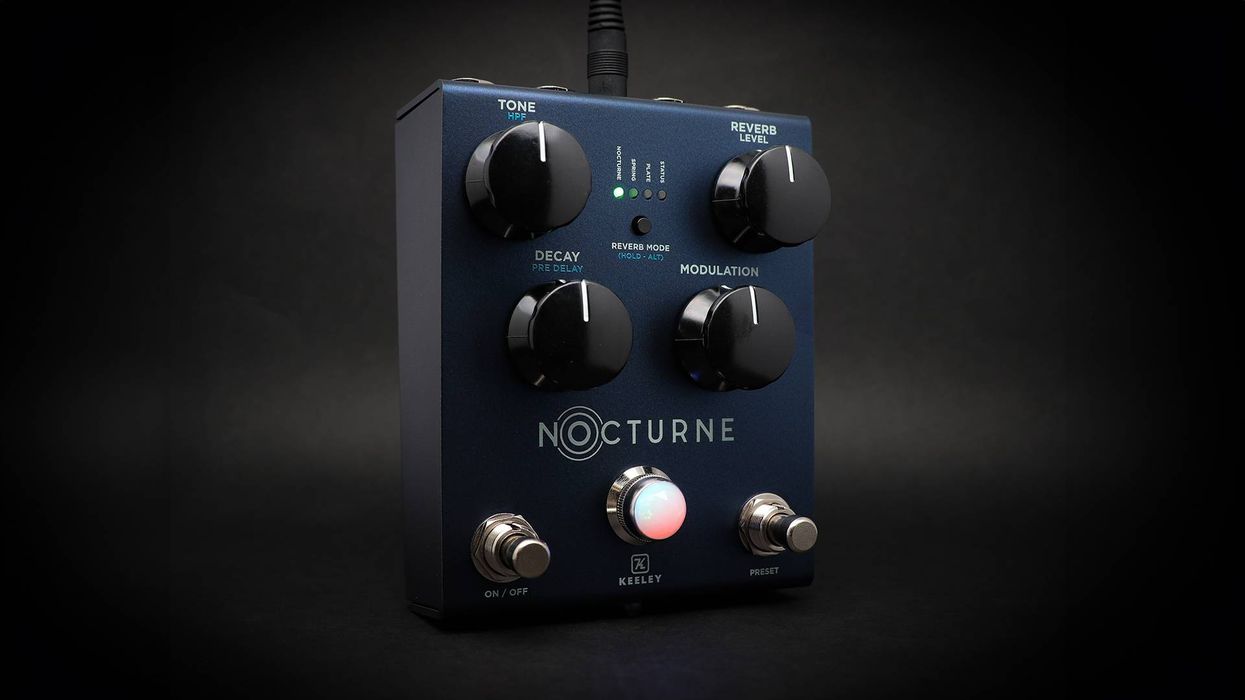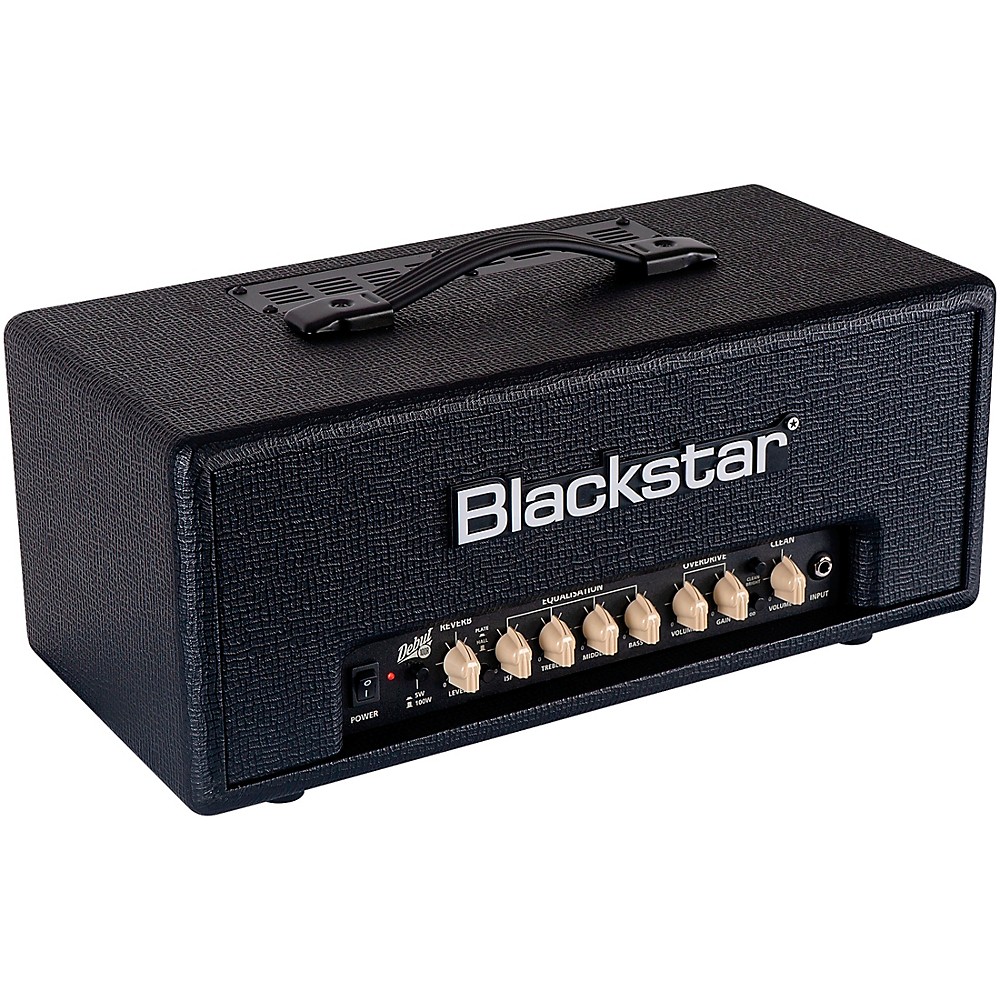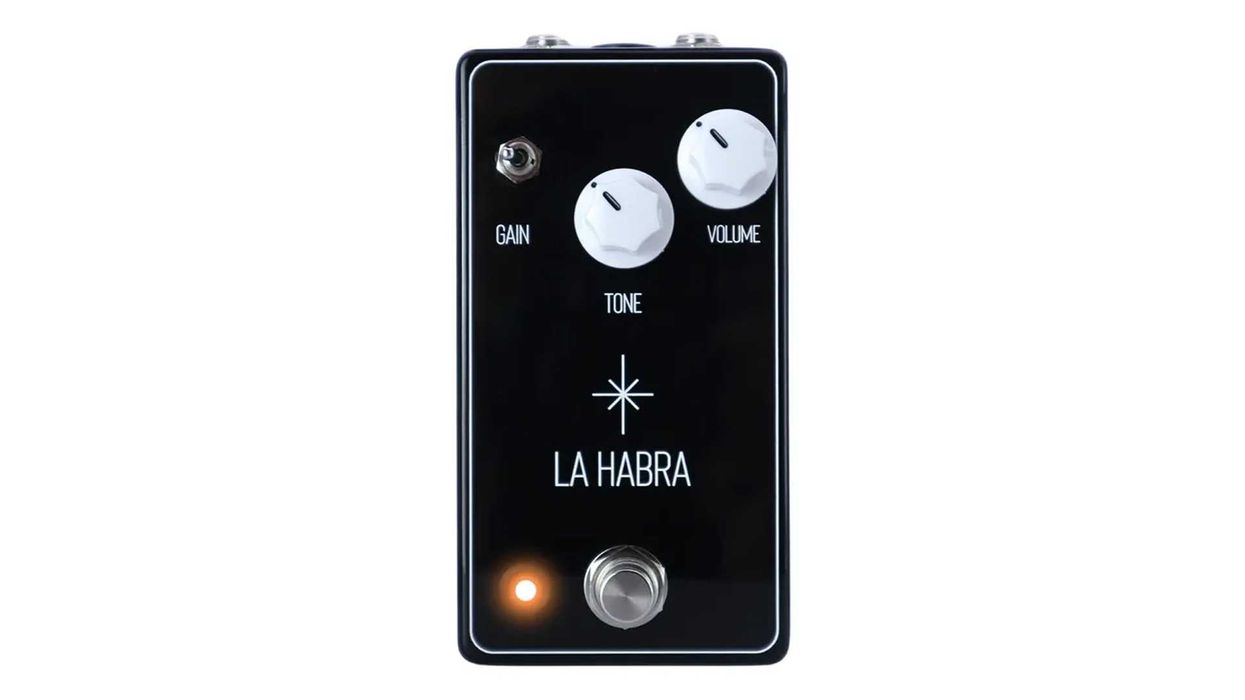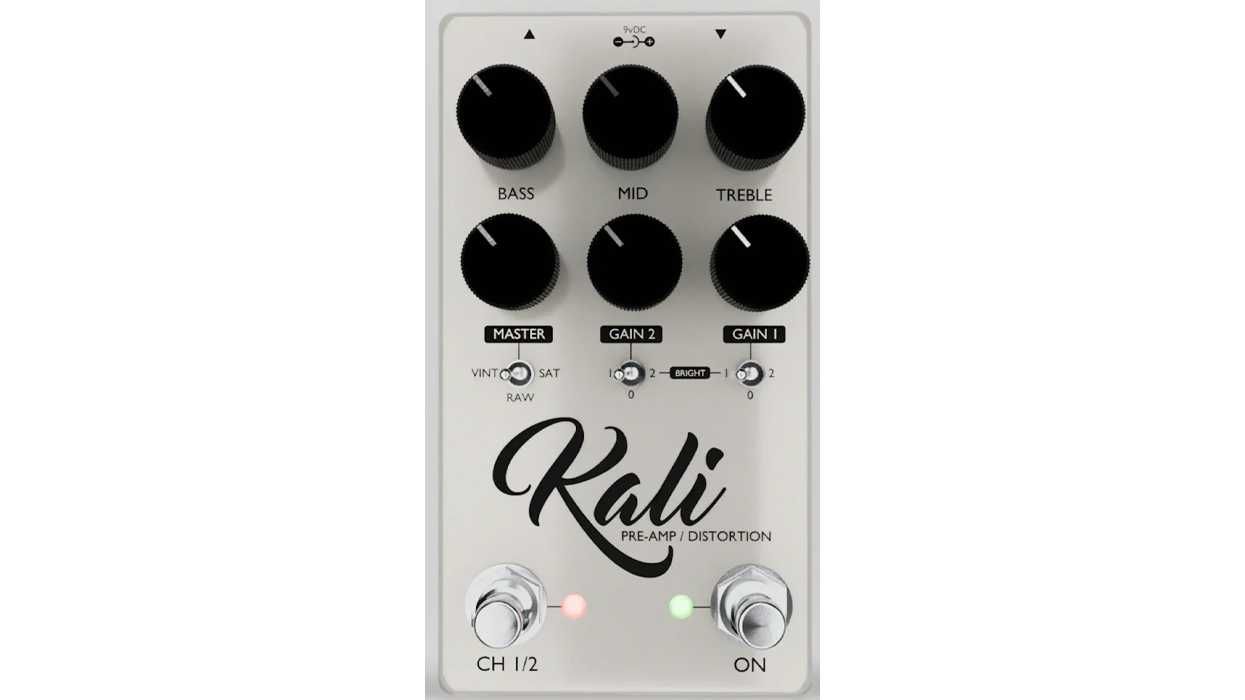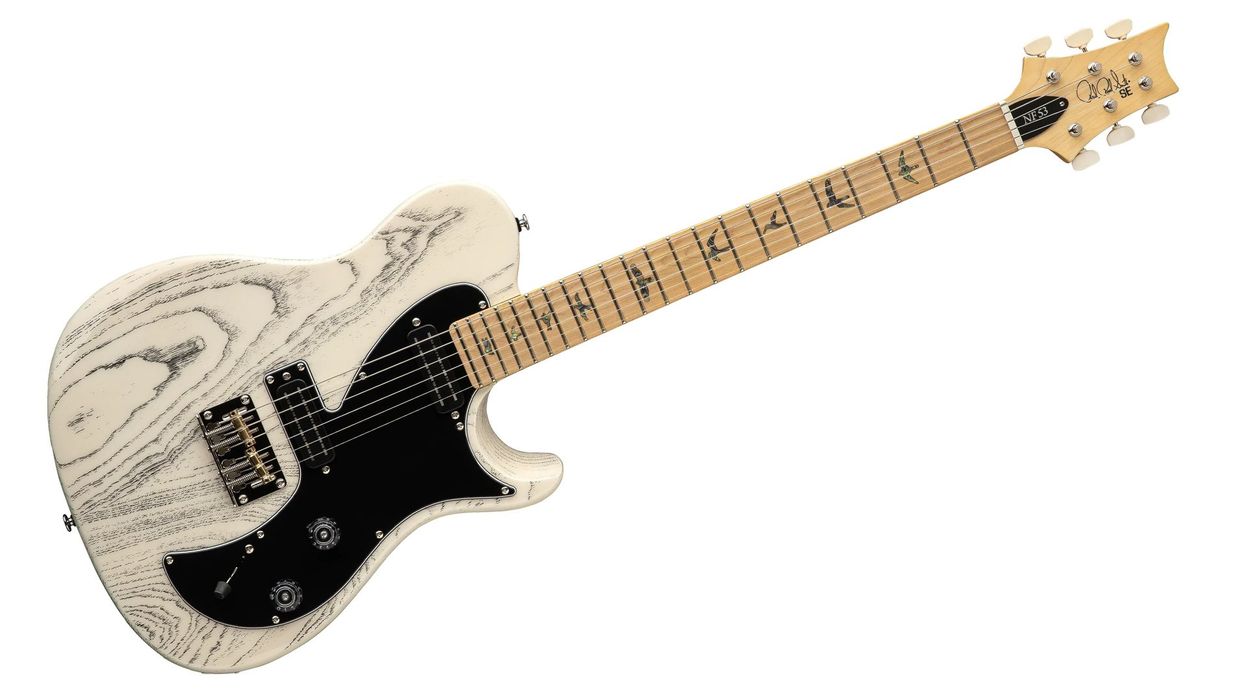[Updated 12/19/22]
A stylishly designed 4-string that offers unique looks, unique tones, and a uniquely pleasant playing experience.
I’m a bona fide bass nerd in all aspects of the term, so it was tremendously exciting when a U.S.-made bass showed up at my doorstep, built by a company I hadn’t yet heard of. Dunable is a Southern California-based company founded by Sacha Dunable. With Dunable’s years of experience in custom building and repair, he has grounded his philosophy in delivering basses to customers without huge fees for custom options and without long wait times. Dunable claims they are able to avoid doing so by holding off on special requests until later in the build process. Between that philosophy and the agreeable price point, I couldn’t wait to open the box.
Recorded direct to an Mbox running with Logic X.
- Clip 1: Fingerstyle with both pickups engaged. All controls dimed.
- Clip 2: Pickstyle soloing neck pickup. Tone control maxed.
- Clip 3: Fingerstyle soloing neck pickup. Tone control rolled all the way off.
Oh My Yeti
When unpacked, something immediately struck me that doesn’t happen very often: I simply didn’t recognize the bass as similar to one I already knew. I had to take a step back to analyze the mash-up of influences. The Yeti is a 35"-scale bass and is somewhat reminiscent of some Spectors and Warwicks, but has a headstock that reminds me of a ’70s Gibson or Guild.
The alder body’s shape is non-traditional, but still gives the feel of something vintage. The upper horn extends over the bottom horn, but not as much as many other basses. The pickguard covers most of the bottom half of the body but leaves the space under the strings uncovered. A bigdeparture from most basses is that the tobacco-burst-looking finish appears to blend over to the fretboard. A matching fretboard instead of matching headstock, anyone? To not distract from this bold statement, Dunable chose very small black dots for fret markers. Very original!
The oversized, black-and-silver dials also make a big statement. And the custom Dunable single-coils managed by them are mounted in black plastic pieces that make for fantastic thumb rests. Both of the humbucker-sized pickups are placed in fairly traditional positions.
The instrument is lightweight at 8.6 pounds and feels almost like a hollowbody when playing standing up. What also contributes to the feeling of a hollowbody is the sheer volume the instrument produces when played unplugged. I enjoyed playing the Yeti tremendously for several minutes before I was even tempted to plug it in. It’s also worth mentioning that the bass arrived with a flawless setup.
I heard a tonal presence similar to a bass trombone or a low human voice, where the mids were retained in spite of the tone control being rolled off.
Not Too Woofy, Not Too Bright
The first sonic impression of the Dunable Yeti was as bewildering and enjoyable as the first visual impression. This bass doesn’t sound like anything I have played before. Dialing both pickups and the tone control to their wide-open positions, I found the Yeti packs an authoritative bark with a pleasant bump and confident voice in the lower midrange.
For a bass that is loud acoustically and has obvious visual cues from basses that are known for a big, wooly low end, the Yeti sits in the mix in a slightly higher place. This can be a great asset for players who want vintage looks but not monstrous and loose vintage lows. The highs are surprisingly present without being harsh at all. When digging in to play more aggressive passages, the Yeti still couldn’t be made to sound too modern, even with the very fresh and bright strings the bass was shipped with.
For the second part of my tonal investigations, I turned the bridge pickup all the way down to hear what the Yeti sounded like with a pick while playing fairly softly over the neck pickup. Would it perhaps sound like a P bass? The answer is yes, but also no. The freshness of the strings was on display with the slightly mellower version of a grand-piano sound I was able to attain. It’s not unlike a maple-neck P with a pick, but with a significant difference. For better or worse, depending on your taste, a P bass has more honk in the upper mids, while the Yeti shines more in the lower mids. The sound is wide, but still focused, and the pick scratching the strings slightly at the moment of impact sounded pleasantly musical to my ears.
Bass Trombone
With a bass like this, it’s natural for me to want to hear what it can do for a reggae/dub tone by rolling off the tone control completely. When I performed this maneuver on the Yeti, yet another unexpected, new sensation occurred. Instead of a fat, round, pillow-y tone, I was listening to a tone that was darker, but not very low, and vintage-like, but not in the usual sense. I heard a tonal presence similar to a bass trombone or a low human voice, where the mids were retained in spite of the tone control being rolled off. I could see this tone working well for soloing in the way that jazz guitarists solo—with a darker type of tone, yet not muddy.
The Verdict
After spending significant time with the Yeti, I almost feel like I was on vacation from my regular basses, even though they all possess different elements that Dunable has put into one instrument. The bass weighs very little and the beefy maple neck is fast to the point that it basically plays itself, so I don’t see fatigue in the shoulders and fingers ever being a factor with the Yeti. I recently gigged the Dunable in a musical theatre production where I was also playing a viola-style bass and a P strung with flats. And I found myself feeling that the new bass in town landed somewhere in the middle tonally. The Yeti is like a great mix tape from my youth, because it reminds me of the good old times, yet doesn’t limit what influences can coexist in the same place.




